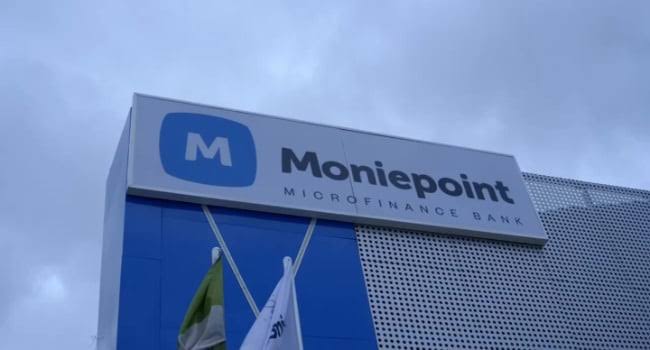
“While the flashy fintechs chase app downloads, Moniepoint is quietly rewriting Nigeria’s financial future — one POS terminal at a time.”
For the average Nigerian small business owner — from the bustling kiosks in Alaba to the mom-and-pop shops in Makurdi — financial technology isn’t just a convenience, it’s survival. But behind every transaction, there’s a story. And increasingly, that story is being powered by Moniepoint.
In a market crowded with loud innovation, Moniepoint isn’t screaming. It’s executing. And in the process, it has become one of the most influential fintech companies you’ve probably heard too little about.
The Rise: From Payments Processor to B2B Fintech Giant
Founded in 2015 as TeamApt, Moniepoint began life as a banking software provider. But something shifted in 2019. The company made a strategic pivot to offer direct financial services, beginning with agency banking — a bold move that would soon disrupt Nigeria’s entire payment infrastructure.
Today, Moniepoint powers over 5 million small and medium enterprises (SMEs), processes billions in monthly transactions, and has become the largest POS operator in Nigeria, surpassing even Opay and Palmpay in merchant presence.
But here’s the twist — Moniepoint isn’t building for the iPhone elite. They’re building for the person selling akara at 6 a.m., the recharge card vendor, the woman managing her buka with a baby strapped to her back and a Moniepoint terminal in hand.
The Playbook: Why Moniepoint Works Where Others Struggle
1. Physical Presence in a Digital-First World
Most fintechs try to digitize from day one. Moniepoint knew Nigeria needed more than that — it needed financial infrastructure. Its decision to go deep into agent banking, deploy terminals en masse, and build out cash logistics made it indispensable in areas where banks had no reach.
2. Merchant-Centric Tech
Instead of asking merchants to adapt to their platform, Moniepoint built tools around merchant pain points — reliable POS uptime, instant dispute resolution, and fast settlement. The result? A loyal base that swears by the brand even without TikTok ads.
3. Quiet Culture, Loud Results
While some rivals ran marketing blitzes and burnt through venture capital, Moniepoint focused on unit economics. They didn’t chase hype. They chased functionality.
The Big Shift: Moving Beyond POS
Moniepoint isn’t content with just payments. In 2023, it began a gradual expansion into business banking, offering working capital loans, payroll management, and inventory financing to SMEs. The idea? Become the digital operating system for African businesses.
And it’s working. With a micro-loan portfolio exceeding ₦150 billion, Moniepoint is becoming more bank than bank. Its business model combines the local insights of a traditional microfinance institution with the tech muscle of a Silicon Valley startup.
In early 2024, Moniepoint acquired a full commercial banking license, putting it in the same regulatory league as the big banks — but with the agility of a startup and the distribution reach no bank can match.

Why This Matters for Nigeria’s Tech Ecosystem
1. Fintech Isn’t a Buzzword — It’s Infrastructure
Moniepoint’s growth shows that solving real problems still wins. While flashy apps come and go, infrastructure providers like Moniepoint become indispensable.
2. B2B is the Future
Too much attention has gone to consumer-facing products. Moniepoint proves that building for businesses — especially the informal sector — is not only impactful but wildly profitable.
3. Regulation as a Strength
Unlike many startups who see regulation as a roadblock, Moniepoint embraced it. Its partnership with the CBN, licensing milestones, and compliance-first approach have built trust in a market riddled with fraud and friction.
The Road Ahead: Can Moniepoint Stay Dominant?
With competitors like Opay investing heavily in hardware, and digital banks like Kuda evolving, the landscape remains competitive. But Moniepoint’s head start in infrastructure and its quiet execution culture may be its biggest moat.
There’s talk of expansion — Ghana, Kenya, and even Latin America. But the core question remains: Can Moniepoint maintain its under-the-radar dominance while scaling to new markets?
Only time will tell. But one thing’s clear — the next chapter of Africa’s fintech story won’t be complete without Moniepoint on the page.
Closing Thought
In a country where tech narratives are often loud but short-lived, Moniepoint reminds us that the real revolutionaries might not trend — they transact.












